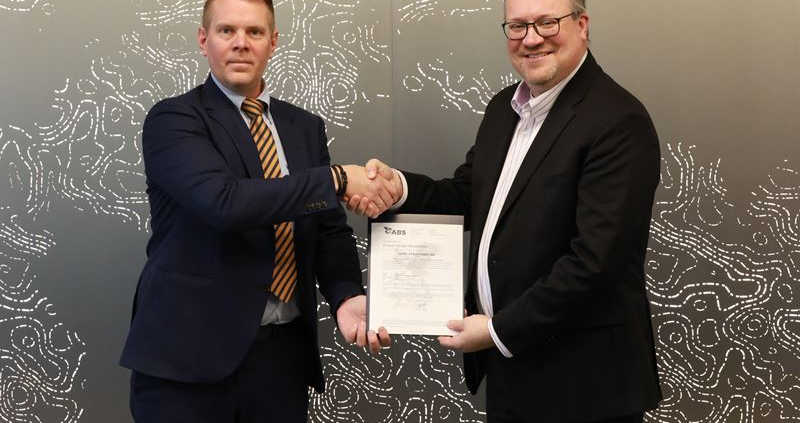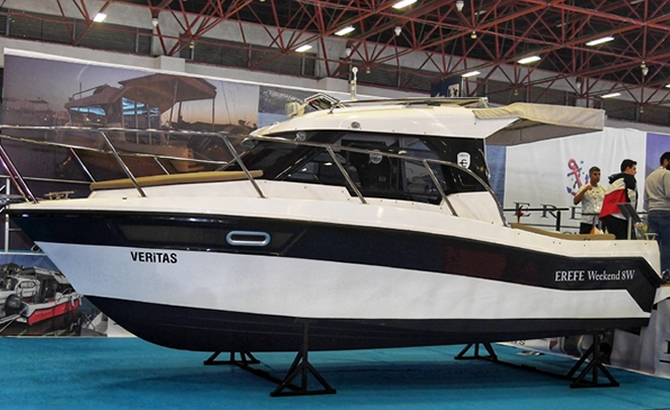Light Structures’ SENSFIB Hull Stress Monitoring System received the ABS SMART(SHM) Tier 3 Product Design Assessment (PDA) certificate.
The SENSFIB Tier 3 Smart Structural Health Monitoring system employs an industry-leading, fiber optic, sensor-based approach for structural health assessment and prediction, calibrated and verified using high-fidelity data for improved accuracy and reliability.
The system provides information about the stresses on a vessel’s hull from cargo loading, weather conditions and the passage of time through data from several fiber optic strain sensors, accelerometers and graphic user interfaces.
Vessels fitted with the SENSFIB system will be eligible to receive the ABS Class notation SMART(SHM) with vessel records indicating Global Hull and Fatigue, Tier 3.
“Our PDA for Light Structures provides a comprehensive certification solution that demonstrates their commitment to enhanced structural health and condition monitoring. The presence of SMART systems is growing rapidly in the industry, and ABS is proud to add the Light Structures structural monitoring technology to the list of ABS approved SMART products,” said Patrick Ryan, ABS Senior Vice President and Chief Technology Officer.
The PDA certificate was presented to Niklas Hallgren, CEO of Light Structures, at the ABS world headquarters in Houston.
“We’re delighted to receive a Product Design Assessment for the SMART (SHM) notation by ABS. The certification reflects our unique position to integrate structural health monitoring data with digital and cloud-based platforms, and our ability to improve safety at sea and optimize condition-based maintenance as part of our clients’ digital transformation,” said Hallgren.
Light Structures’ SENSFIB monitoring system is being developed in accordance with the ABS Guide for Smart Functions for Marine Vessels and Offshore Units, which can be found here.
Photo Caption (L to R): Niklas Hallgren, CEO of Light Structures, with Patrick Ryan, ABS Senior Vice President and Chief Technology Officer.
About ABS
ABS, a leading global provider of classification and technical advisory services to the marine and offshore industries, is committed to setting standards for safety and excellence in design and construction. Focused on safe and practical application of advanced technologies and digital solutions, ABS works with industry and clients to develop accurate and cost-effective compliance, optimized performance and operational efficiency for marine and offshore assets.
About Light Structures AS
Light Structures AS was founded in 2001 as a spin-off from the Norwegian Defence Research Establishment and is now established as the leading provider of turnkey fiber optic stress and fatigue monitoring systems based on Fiber Bragg Grating (FBG) technology. Light Structures leverages its passion for monitoring to deliver custom solutions based on its SENSFIBTM portfolio for the qualification of uncertainties in relation to ship and maritime asset design, safety and operations. More than 300 SENSFIBTM systems have been installed globally for diverse applications, vessels and customers. Light Structures is headquartered in Oslo and has a growing network of international offices. SENSFIBTM solutions are sold through a dedicated network of partners and agents worldwide.




